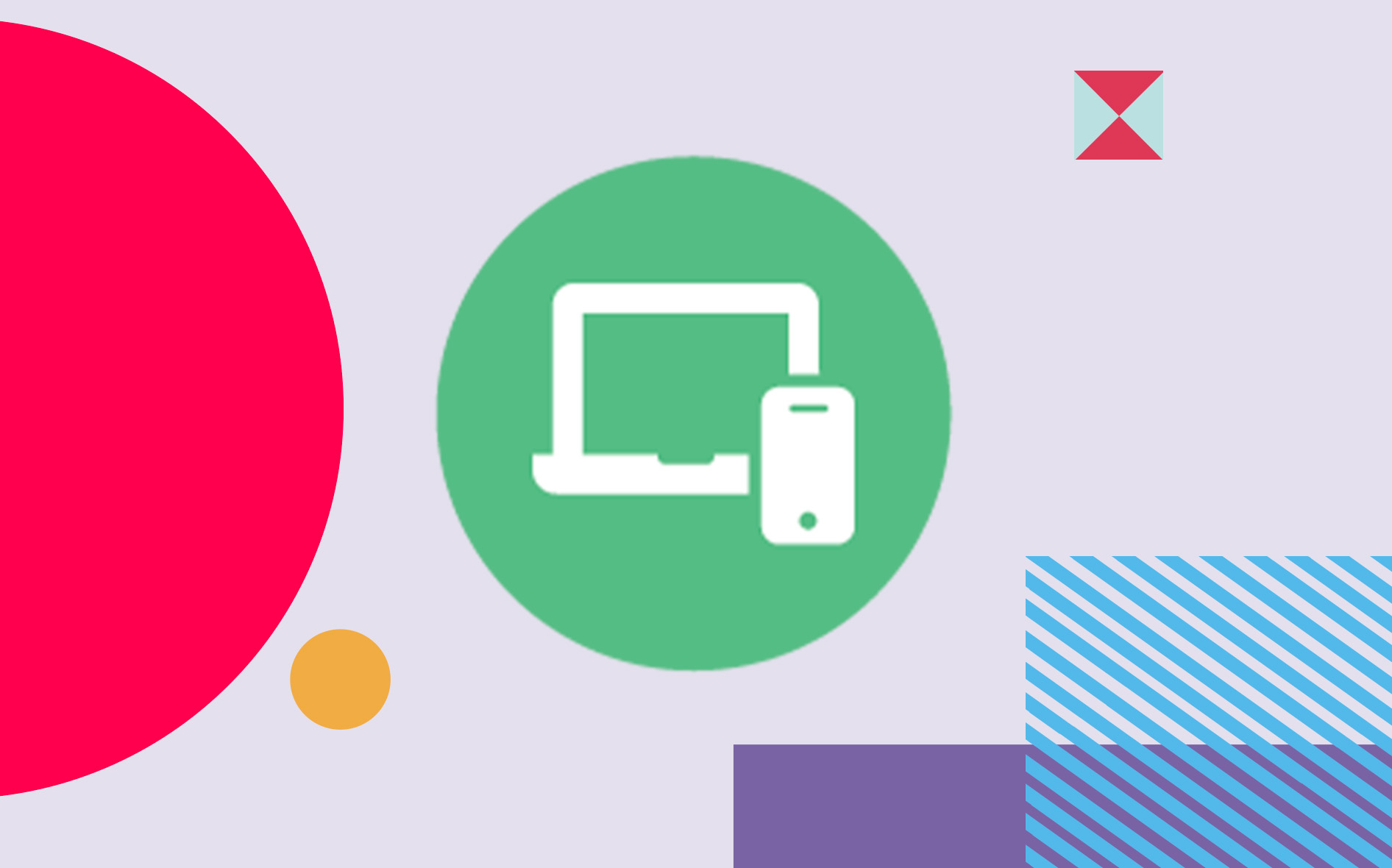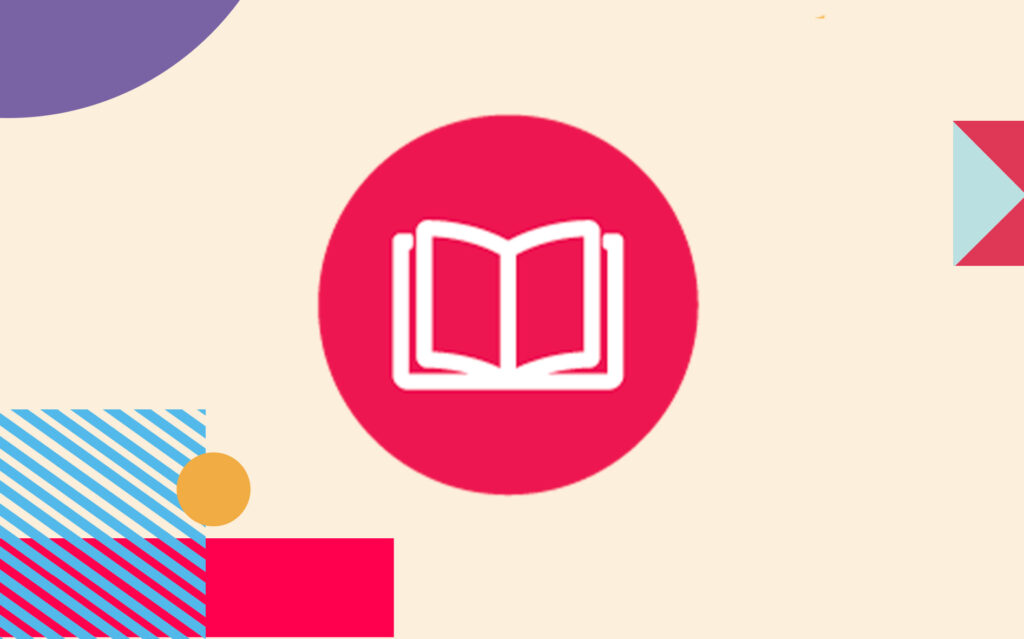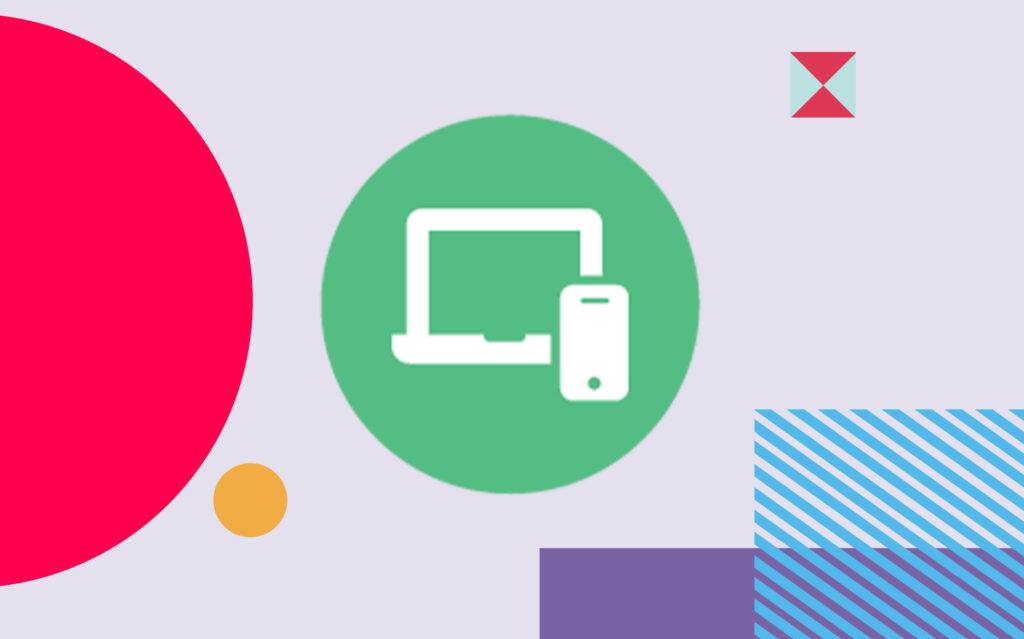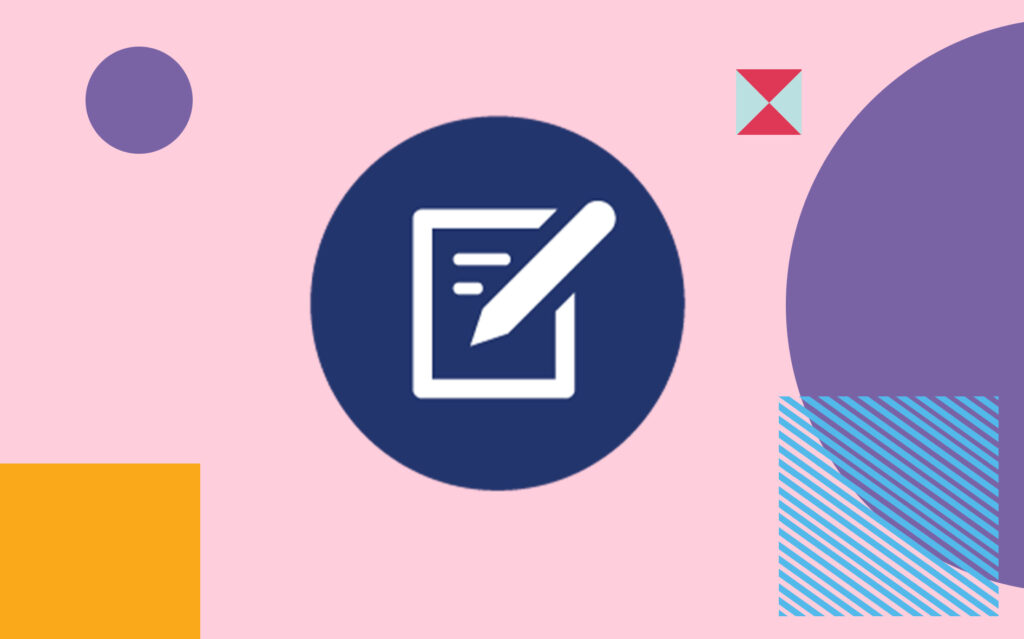ICAS Digital Technologies

Assess school students’ digital literacy with the ICAS Digital Technologies exam
In a digital world where technology underpins how we communicate, learn, work, and navigate our modern lives, understanding Digital Technologies is essential.
In recognition of the subject’s educational and practical importance, ICAS Digital Technologies assessments are designed to provide an objective ranking of students’ performance based on the curricula for the relevant year. Understanding how to use technology isn’t just for working in IT — it underpins our online safety, makes our learning more efficient, and is essentially a prerequisite for living our lives in this day and age.

Skills tested for ICAS Digital Technologies
Of course, there are countless areas of study and lucrative jobs relating to digital technologies, and many more that haven’t even been invented yet. From the popular, well-established fields of software development, programming and data science, to exciting innovations in machine learning, artificial intelligence and virtual reality, there are bound to be areas that pique your interest. But whether your students will be one of the brilliant minds working on these digital technologies, or simply a member of a society in which their influence is unavoidable, learning about tech will help them develop critical thinking and practical skills applicable in all areas of life — and there is no better opportunity to test their knowledge than with ICAS assessments.
More than simply a computing competition, ICAS Digital Technologies assessments consist of questions written and reviewed every year by expert educators. Students encounter a variety of questions designed to test students’ knowledge and practical skills in areas such as:
Digital Systems
Word Processing
Graphics & Multimedia
Internet & Email
Spreadsheets & Databases
Programming & Scripting
In turn, students receive a unique academic experience designed to challenge their abilities beyond the classroom, a greater understanding of where their strengths and areas of improvement lie, and recognition and encouragement of academic success.
What Year 2 to 7 students do in ICAS Digital Technologies
The primary school level papers of ICAS Digital Technologies assessments challenge and extend high-achieving school students while reinforcing key digital literacy skills across different domains. Students answer a variety of questions on topics such as digital systems, web concepts, spreadsheet and database fundamentals, and block-based coding.
The Introductory paper, for students in the equivalent of Year 2, assesses basic terminology and operations, as well as elemental web and coding concepts. Questions may require students to identify components, conduct simple searches, or create and edit a word or PowerPoint document.
Papers A and B, for students in the equivalent of Year 3 and Year 4, explore topics such as cyber safety, software and hardware, social media and simple algorithms. For example, students may be asked to identify and use basic technological terminology, navigate word processing, spreadsheet and multimedia software, apply simple search terms and conventions or conduct a search in a simple database.
Papers C and D (Years 5 and 6) feature harder questions on the six key topics. Students may be asked to define and implement file management conventions, explain the purpose of hardware peripherals, make responsible and ethical decisions when using online data, distinguish between spreadsheets and databases or recognise sequence and loops in pseudocode.
The high school level paper of ICAS Digital Technologies challenges and extends high-achieving school students while preparing them for specialist Digital Technologies subjects, careers in technology and an ever-changing digital world. Students answer a variety of questions on topics such as digital systems, database concepts, web design and programming principles.
Paper E (Year 7) assesses advanced content on topics such as information systems, integrated multimedia and online collaborative projects, as well as new areas such as data visualisation and basic programming principles. For example, questions may require students to interpret operating systems performance indicators, use concept mapping and brainstorming software, use an HTML editor, conduct complex data sorts, or conduct desk checking using test data.
All ICAS test subjects
As the world’s global language and arguably one of the most important subjects of the Australian curriculum, English is a crucial building block for academic success.
As the foundation of STEM and a fundamental part of human thought and logic, Mathematics is a crucial building block for academic success.
In a world full of wicked problems like pandemics, climate change and food security, science is more important and more exciting than ever before.
In a digital world where technology underpins how we communicate, learn, work, and navigate our modern lives, understanding Digital Technologies is essential.
As our primary means of communication in academic, social and professional life, writing is one of the most fundamental skills to practise and master.
Spelling is more important than it seems — it lays a crucial foundation for literacy, communication and broader academic success.





